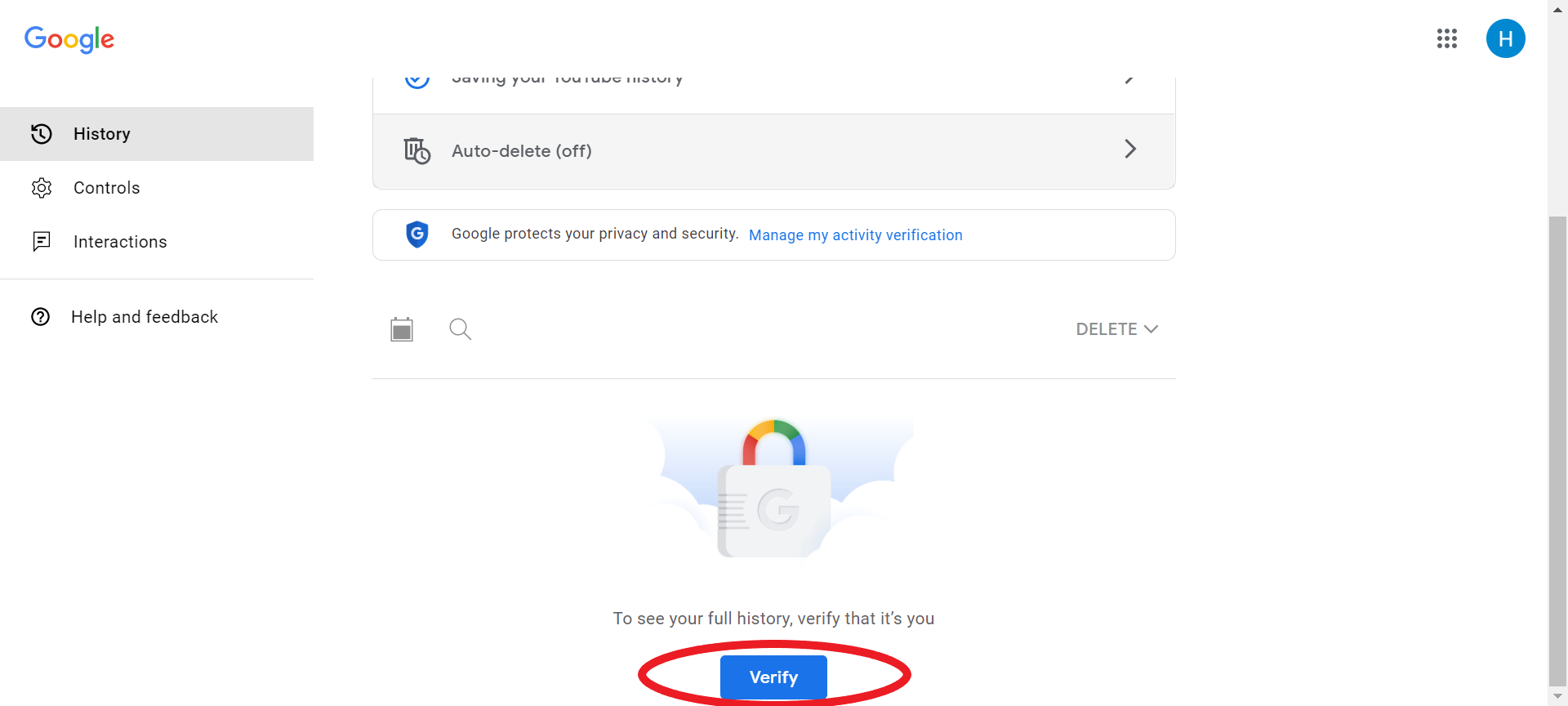Can the Police Access Your Browser History – In this digital age, where the internet plays a central role in our daily lives, concerns about online privacy and data security have become paramount. One area of concern for many individuals is the extent to which law enforcement agencies can access their browser history. This article aims to explore the topic of police access to browser history and the steps individuals can take to protect their online privacy.
What is Browser History
Before delving into the legality and mechanisms of police access, let’s first understand what browser history entails. Browser history refers to a record of websites visited, search queries, and online activities performed by a user while using a web browser. It is essentially a trail of digital footprints that can reveal a user’s online behavior and interests.
Internet Privacy and Security
Importance of Privacy
Privacy is a fundamental right that individuals cherish, both offline and online. As we navigate the virtual realm, we expect our personal information to be safeguarded from unwarranted access or misuse. Protecting online privacy is essential to prevent identity theft, fraud, or unauthorized surveillance.
Legal Protections
Various laws and regulations exist to safeguard internet users’ privacy. For instance, in many countries, there are data protection laws that govern how personal information can be collected, stored, and shared by companies and institutions.
Police Investigation and Digital Evidence
Law enforcement agencies often rely on digital evidence in investigations. In the context of online activities, this evidence may include emails, social media posts, and browser history. Such data can be valuable in solving crimes and establishing motives or connections.
Can the Police Access Your Browser History?
The answer to this question is not a simple yes or no. The ability of the police to access your browser history depends on several factors and legal considerations.
Search Warrants and Subpoenas
In most cases, to access an individual’s browser history, the police would need to obtain a search warrant or a subpoena. A search warrant is issued by a judge and requires probable cause, indicating that there is a reasonable basis to believe that a crime has been committed and that evidence related to the crime can be found in the specified location, which includes digital data.
Exceptional Circumstances
However, there are some exceptional circumstances where the police may access browser history without a warrant. For instance, if there is an imminent threat to public safety or national security, law enforcement agencies may bypass the usual legal requirements.
Data Retention Policies
Additionally, some internet service providers and online platforms may retain user data, including browser history, for a certain period as part of their data retention policies. In such cases, the police can potentially access this data through proper legal channels.
Protecting Your Browser History
To enhance your online privacy and protect your browser history from unauthorized access, consider the following measures:
Browser Settings
Review and adjust your browser settings to manage how your browsing history is stored and utilized. Most modern browsers offer options to clear history automatically, use private browsing modes, and disable tracking features.
VPNs and Encrypted Connections
Virtual Private Networks (VPNs) can add an extra layer of security by encrypting your internet connection and anonymizing your online activities. This makes it more challenging for anyone, including the police, to trace your browsing history back to you.
Clearing History and Cookies
Regularly clearing your browsing history and cookies can minimize the digital footprint you leave behind. While it won’t guarantee complete privacy, it can make it harder for third parties to track your online behavior.
Conclusion
In conclusion, the question of whether the police can access your browser history is contingent on several factors, including legal requirements and exceptional circumstances. As online privacy concerns grow, individuals must take proactive steps to protect their digital footprints. By being aware of their rights, understanding the laws that govern digital data, and adopting best practices for online security, individuals can better safeguard their internet privacy.
FAQs
- Is browsing the internet anonymously illegal?
- No, browsing the internet anonymously is not illegal. It is a practice that can enhance online privacy and security.
- Can law enforcement access deleted browser history?
- In some cases, deleted browser history may still be recoverable through forensic analysis, depending on various factors such as device type and data retention policies.
- What should I do if I suspect unauthorized access to my browser history?
- If you suspect unauthorized access to your browser history, consider changing your passwords, enabling two-factor authentication, and contacting law enforcement if necessary.
- Do all web browsers offer private browsing modes?
- Most modern web browsers provide private browsing or incognito modes that allow users to browse without storing local data, but the specific features may vary.
- Can using a VPN guarantee complete anonymity online?
- While VPNs can significantly enhance online privacy, complete anonymity depends on various factors, including the VPN service’s policies and technical capabilities.




